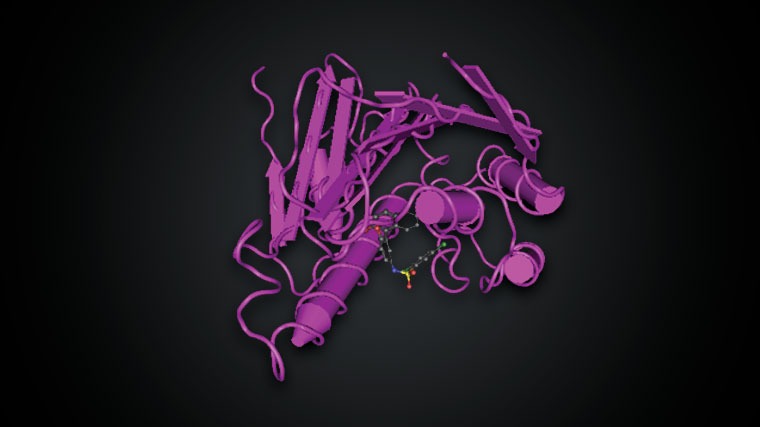News from QED Bioscience
HSP90 Inhibition As An Adjunct To Cancer Immunotherapy
In the continuing search for cancer immunotherapies, researchers are looking again at heat shock protein (HSP) 90 inhibition as a potential method for enhancing cancer immunotherapy.
In human cells, HSPs facilitate proper folding of cellular proteins. If proteins are not properly folded, they are unstable and subject to degradation by the ubiquitin-mediated pathway. It’s likely that this function in tumor cells is extremely important because mutations in tumor cells increase the probability that proteins will misfold. According to Katerina Sidera and Evangelia Patsavoudi (Recent Pat. Anticancer Drug Discov., 2014), “HSP90 plays a pivotal role in maintaining transformation and in elevating the survival and growth potential of cancer cells since its essential chaperoning functions are exploited to facilitate the acquisition and maintenance of the malignant phenotype. In addition, cancer cells experience various types of stress in their microenvironment such as acidosis, hypoxia, and nutrient deprivation and therefore exhibit higher requirements for HSP90 function in order to tolerate alterations and survive these hostile, stressful conditions.”
In the past, HSP90 inhibitors were evaluated as single-agent therapies with only partial success, most likely because HSP90 inhibitors do not all bind to HSP90 in the same way. Now, new focus is on combinations of HSP90 inhibitors plus checkpoint inhibitors (such as anti-CTLA4 or anti-PD1 monoclonal antibodies) or chemotherapeutic agents for increased efficacy. Early trials are ongoing at Esanex, Exelixis, and the National Cancer Institute.


